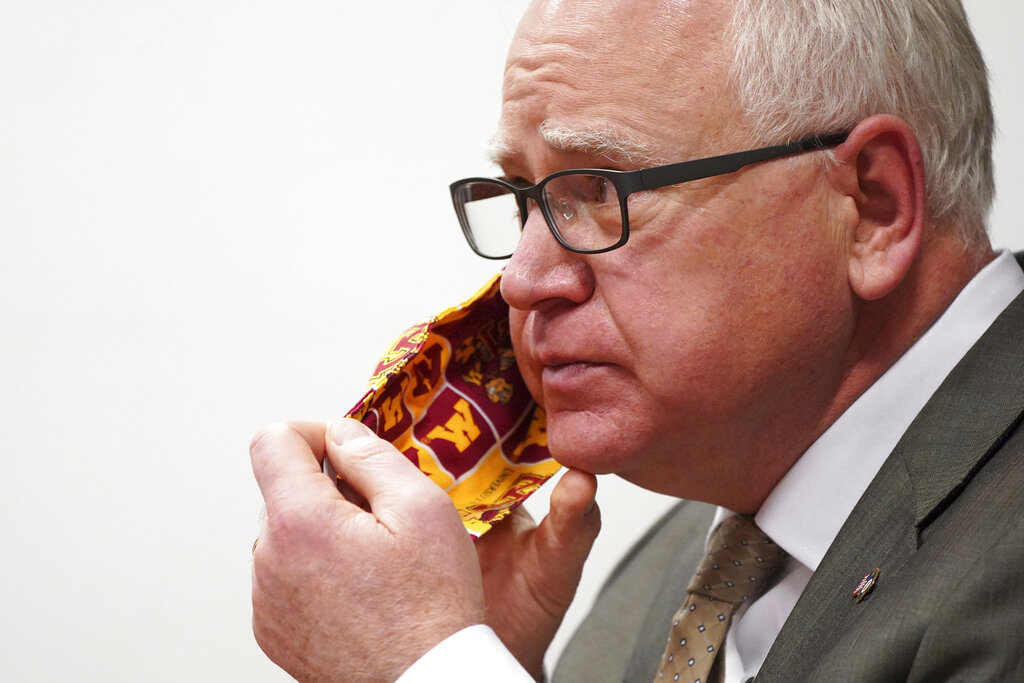Churches across the state of Minnesota are celebrating after Gov. Tim Walz (D) lifted all occupancy restrictions that were implemented to prevent the spread of COVID-19.
The governor had canceled the 250-person limitation in January, then revoked the 50 percent capacity limit on March 15, according to the nonprofit religious rights law firm, Liberty Counsel.
Pastors with Cornerstone Church of Alexandria, Life Spring Church, and Calvary Chapel filed a lawsuit last August against Gov. Walz and Attorney General Keith Ellison over the restrictions.
That complaint, which was filed by the Thomas More Society, indicated that Walz’s Executive Order 21-11 “criminalizes conduct of church attendees, suppresses plaintiffs’ ability to worship and practice their religion in houses of worship, and restricts the ability of the plaintiffs to associate with other members of the faith.”
Thomas More Society Special Counsel Erick Kaardal said the group plans to continue working toward eliminating restrictions on all churches across the country.
“Next, our plan is to similarly abolish all the other states’ remaining limitations on church attendance, which have been occurring nationwide.”
Kaardal added, “Finally, one of things we will remember about the Minnesota governor’s response to fear of COVID is the unconstitutional, discriminatory treatment of churches and synagogues. State-imposed limits on church attendance are never constitutionally okay.”
“From the very beginning, this governor, and those in other states, should have recognized that houses of worship fit within the definition of ‘essential.’ You can’t get much more essential than church, faith, and someone’s relationship with God,” he concluded.
Religious liberty is a fundamental principle for America that is deeply rooted within the First Amendment to the Constitution. Government-enforced restrictions amid the pandemic have proven to be controversial and faced multiple legal challenges, reaching as high as the Supreme Court.
Additionally, Liberty Counsel Founder and Chairman Mat Staver explained that “The impact of the recent Supreme Court rulings in favor of churches is finally bringing a welcome relief from governors’ executive edicts. The High Court has already issued the constitutional roadmap, and now it’s past time to end these restrictions on places of worship.”


